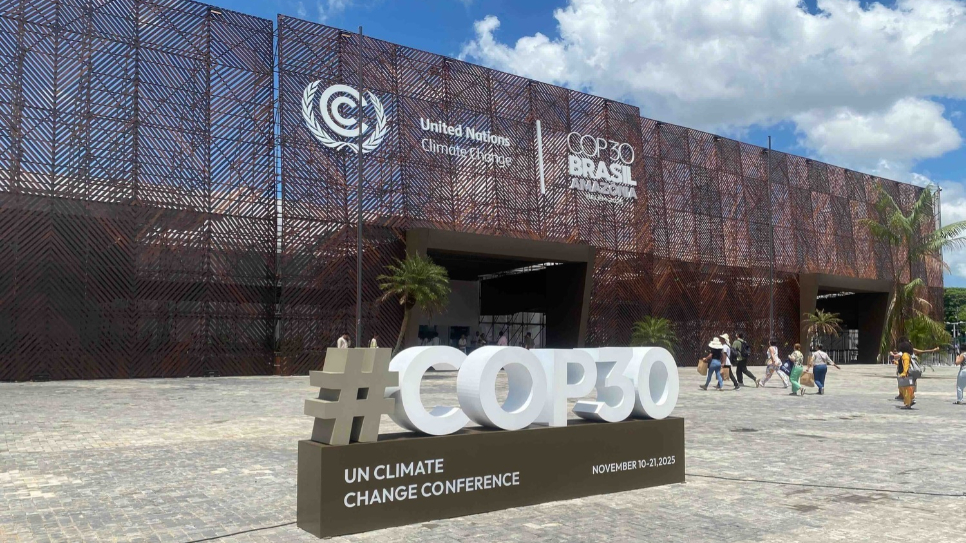News - November 12, 2025
Belém, hope or duty?


Written by Bertrand Piccard
I have just arrived: at the end of the world and at the heart of the climate issue – not only for Brazil but for the whole world, since this is where COP30 is being held.
Thirty climate conferences already. A generation of summits, negotiations and disappointments. Unlike the COPs of the past, which I attended with hope, this time I am coming to Belém out of duty. And I hope that as many of us as possible will be there. Why? Because the stakes here are nothing less than saving environmental cooperation from the collapse of multilateralism, at a time when the 1.5°C limit set at COP 21 in Paris is in danger of being shattered. If there was one summit not to be missed, it would be this one. To send a signal that we have not given up.
For the world has already set itself in motion, but it is holding back its own momentum.
It would take so little for the climate transition to move from a concept that faces fierce resistance to a triumphant, efficient and profitable march forward. Renewables already provide the most competitive energy in the world. Energy efficiency, recycled materials and clean mobility are advancing everywhere, despite the denigration of the status quo. From villages in the Sahel to the great metropolises of Europe, from the Andes to the Pacific, many are already seeing the benefits.
But progress remains too slow, too timid, and its detractors are trying to shoot it down in its tracks. More and more countries are lowering the ambitions of their climate plans (NDCs), which are no longer aligned with the +1.5°C trajectory, nor deployed on the necessary scale. Yet so many solutions exist, even as droughts, rising sea levels, food insecurity and forced migration intensify. But we reassure ourselves by thinking that this mainly affects countries in the South, even though they are the least responsible.
As if the fight against climate change were already lost, there will be much talk in Belém about adaptation issues: strengthening infrastructure, reinventing agriculture in the face of new climate realities, and securing access to water.
To restore hope, we must prove that these efforts, in both the North and the South, are not simply about spending more; they are about doing better with less, making full use of existing resources. Less loss, less waste – for greater resilience, profits, quality of life and sovereignty. Efficiency must become the operating system of our societies.
At the Solar Impulse Foundation, we see what this means in concrete terms: every day, we certify innovations that combine efficiency and profitability, proving that it is possible to turn constraints into opportunities and reconcile ecology and economy.
The real question is therefore no longer what to do, but how quickly we can do it. Will we be able to deploy these solutions faster than climate impacts are progressing? That is the race we are engaged in.
Once again, the COP presidency wants to focus on ‘action rather than promises’. What is despairing is that we say this every time. Will we reach the turning point that echoes our conviction: to take concrete action, to turn the possible into reality? That is why we must be present in Belém.
So yes, COPs are imperfect. But they remain the only place where humanity can decide together not to give up. In a world where the temptation to withdraw is everywhere, these meetings are bulwarks against fragmentation, places where we relearn the language of a shared future.
And that makes the journey essential.
First published by Le Temps, La Tribune, EFE Verde, La Repubblica and Forum Nachaltig Wirtshaften.

Written by Bertrand Piccard on November 12, 2025
